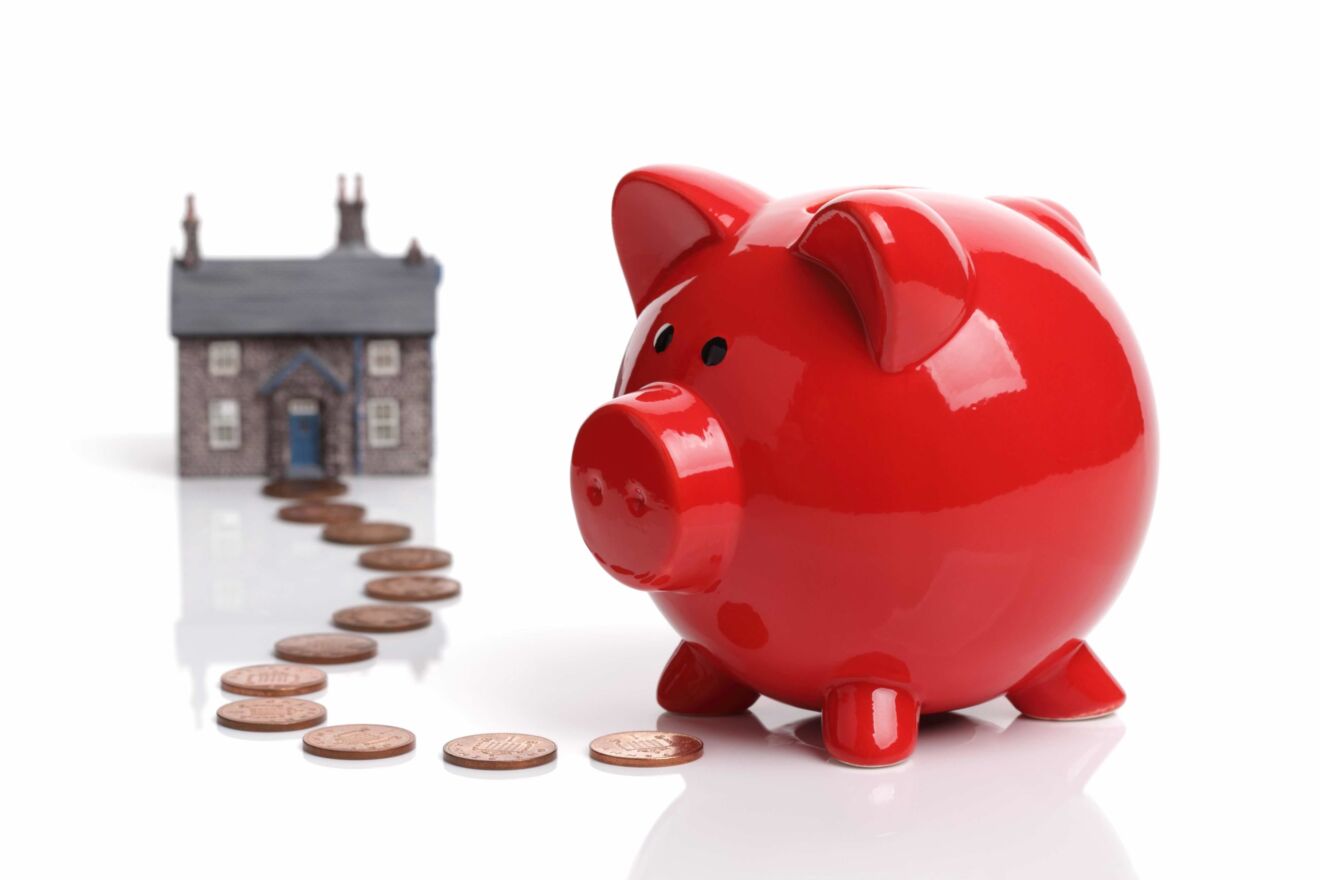
Paying off your mortgage is one of the things that has been programmed into homeowners’ heads for years and years. The notion that being successful is having a good job and being debt-free. Work to pay down the mortgage. Save to pay off the mortgage. Put any extra money on the mortgage. If you haven’t had those thoughts on your own, you’ve likely been told to do so by parents, relatives, or colleagues.
But is paying off your mortgage really the best financial move you can make? For some, the answer is yes. But we believe this way of thinking needs to be reconsidered.
An easy way of thinking is to take your biggest debt and pay it off. Which of course, is your house. There rarely is an asset or expense that is larger than the home you purchase.
Many Canadians dream of holding their home’s title in their hand but owning your home outright or having a lot of equity in your home may not be the fastest way to grow your wealth, and it could even put you in a precarious financial position.
Back in the 1980s, when many of our parents were getting into homeownership, interest rates were soaring – we’re talking about 18% to even 20%. That’s A LOT of money to be paying on borrowed money. They were essentially working to keep up with interest alone!
Many people work hard to pay off their homes only to do a reverse mortgage in their retirement years. This used to be looked at as a smart strategy, but now, it’s actually a bad idea. Have you ever examined what the terms, financing, and fees look like? It’s a very costly strategy that gets many retirees in trouble.
Times have changed, and so, thinking around paying off a mortgage should too. Debt is a powerful tool in growing your wealth. Granted, it’s like fire, and if you don’t control it you can get severely burned.
Should You Pay Off Your Mortgage?
Today, the average interest on a 25-year mortgage sits around 2 percent per year. At these low interest rates, this debate is all but settled. If your home mortgage is near 2 percent, that’s as close to free money as you’re ever going to get.
Don’t pay off your home just for bragging rights or just because you can. Pay off your home only if it makes the most financial sense.
If you’re considering making extra payments to your mortgage or paying it off outright, ensure you do these things first:
- Pay off all your credit cards and lines of credit.
- Pay off your vehicles and then pay into a vehicle fund so you don’t have to tap credit cards for future repairs and so you can pay cash for your next car. That will keep you out of car debt. Even if you get a low rate on a car, it is a depreciating asset. That means its value decreases, and typically it decreases quickly.
- Build up savings equal to six months of living expenses in a cash or near-cash reserve or emergency fund. We recommend having three months in an easily accessible money market account and three months in a stock account that could easily be cashed out if needed.
- Get your retirement savings on track so you’re not forced to tap into your home equity.
If you do meet all these criteria, then congratulations, you’re doing a great job. But that still doesn’t mean you should automatically pay off your home just so you can hold the title in your hand.
Rather than paying off your loan, consider other investments. If you can identify an investment that will pay you an average of just 4 percent interest per year and your mortgage is as high as 3 percent, then you’re going to grow your wealth faster by investing your cash and making minimum payments to your mortgage.
Leveraging Your Equity to Build Wealth
Let’s look at a quick example. Let’s say you have a home with a $300,000 principal balance and you refinance on a 15-year mortgage at 3 percent interest. After 15 years of making the minimum payment, you will have paid about $72,914 in interest on that loan.
If you have $300,000 in cash at the same time of that refinance and you put it into an investment that’s paying you just 4 percent interest per year, then after 15 years, you will have made $240,283 in earned interest. That’s a net gain of $167,369 in your net worth.
Refinancing to make smart investments is one way to develop wealth that paying off your mortgage just doesn’t offer. Let’s take investing in a pre-construction condo as an example, with selling on assignment as the end game, so to not get you into another mortgage.
We had a client who used this strategy to begin to build wealth in real estate – here is his example:
Condo Development: 75 on the Esplanade
Neighbourhood: St. Lawrence Market
Purchase Year: 2016
Suite Type: 1-bedroom + den, 2-bathroom with locker
Purchase Price: $497,900.00
Deposit Amount: $99,580.00 (20%)
Assignment Sale Price in 2021: $725,000.00
Net Profit After Fees: $182,100.00
Annualized Return: 37%
So, in 2016, the seller took $100,000 of equity out of their home at a rate of 2.89%. The cost of borrowing that money for 5 years, without any principal payments was $13,350.00.
What does this all mean? It cost this seller $13,350.00 to make $182,100.00 in that five-year period, netting them approximately $169,000.00.

Do you see why we say don’t pay off your mortgage but actually leverage your asset to grow your wealth?
We’re not saying don’t ever pay off your mortgage. But before you do, stop and think. There may be better financial options that you should consider. If you proceed with paying off your home, do so because it makes the best financial sense and not because you’re simply following your programming.
Interest rates will go back up. There’s a chance rates will never be this low again in your lifetime. If you rush to pay down your loan now, then you might find yourself in a situation where you have to access that equity at a much higher rate later.
It would be a shame to pay off a 3 percent loan only to have to refinance your home at an 8 percent rate to access your equity when you’re in or closer to retirement.
These are some things to think about. Your specific situation will involve a lot of different variables, and you should make many different considerations as you determine the best financial strategy for you and your family.
If you’d like to learn more about our wealth planning through Real Estate, simply fill out the form below. We’ll be in touch to set up a time to have a no-pressure chat – we can tell you about some of our other client success stories with buying pre-construction without getting a mortgage, selling on assignment and making money that are actually real, and help you decide what steps you can take to get on track with what you have now.

TRB Education Hub
Get the real estate resources you need to succeed. Visit our education hub for market insights, guides, podcasts and more.




